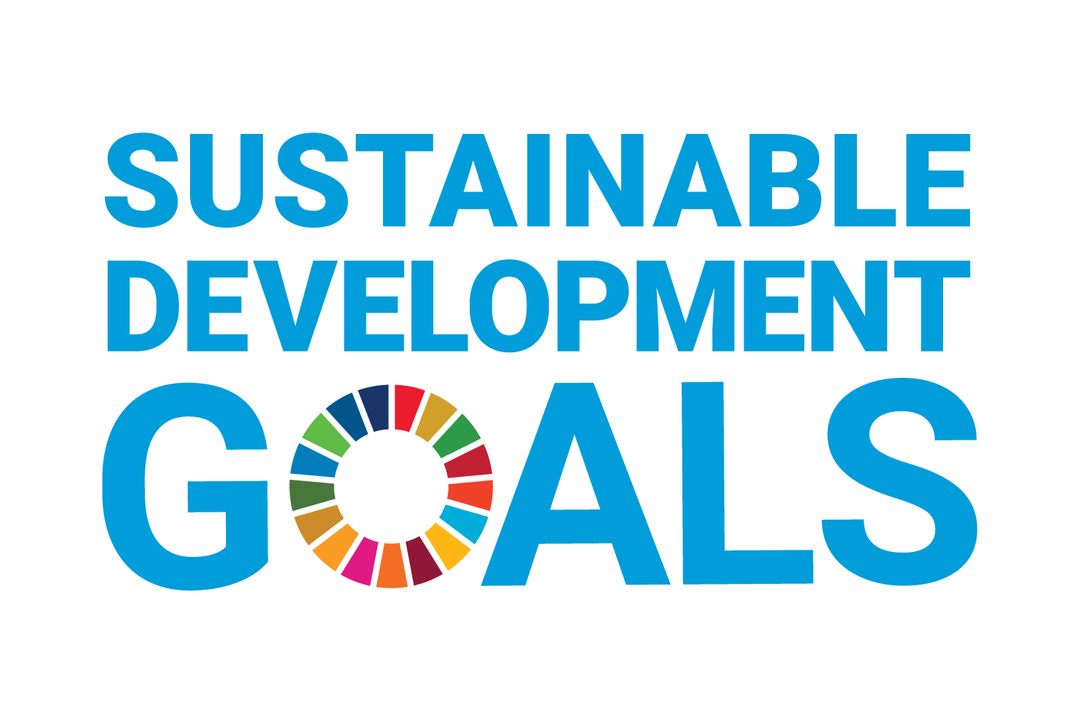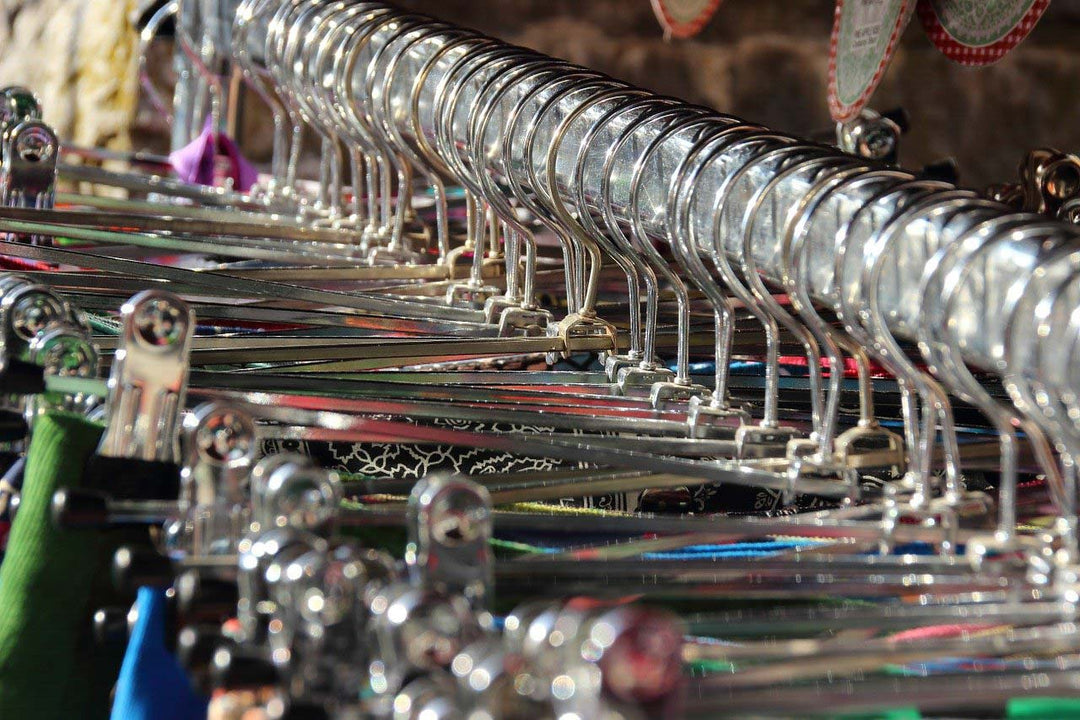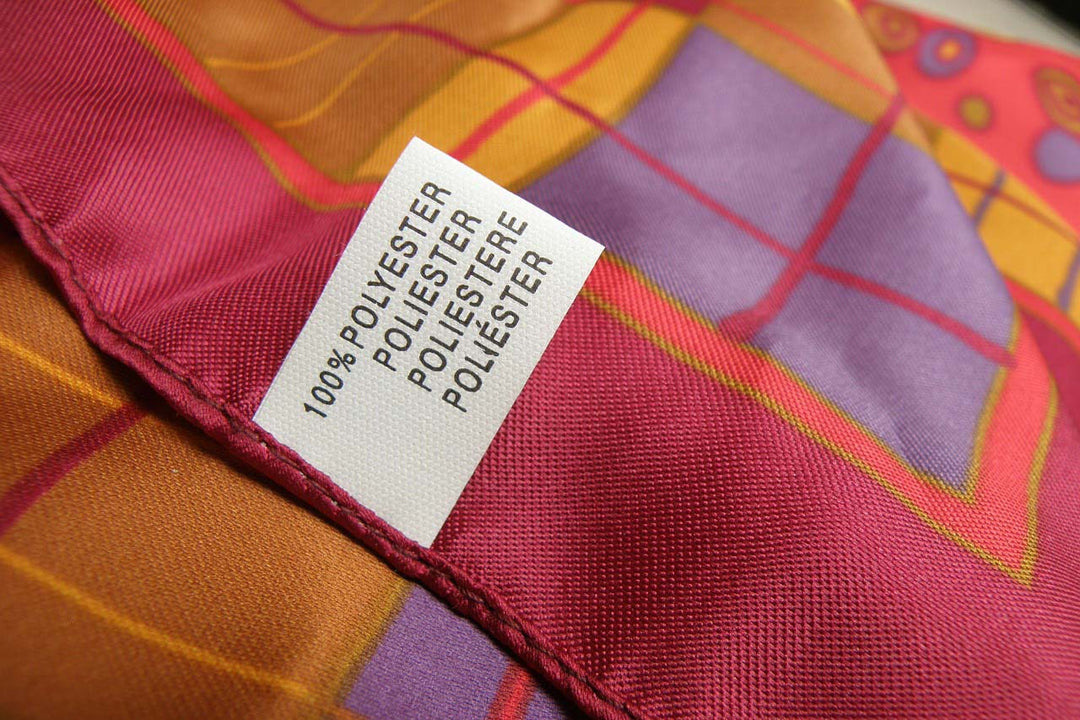Journal

We at Pirkani® have risen to the challenge of tackling climate change due to fashion by starting up as a 100% eco-friendly apparel entity in the same industry – and aim to have a negative carbon footprint by 2023 – within two years of our founding. We are environmentally conscious in our supply chain and vehemently advocate conscious consumption to positively impact various ecosystem on our Earth and make it safe for the inhabitants, especially future generations. While in sync with global standards of fair-trade and organic trade, we equally comply with and incorporate sustainable ways throughout our supply chain, ranging from sourcing to production to recycling and disposal. This enables everyone working with us to complement each other's efforts for a circular economy.

Over the past few years, phrases like “fast fashion”, “sustainability”, and “slow fashion” have become buzzwords within the fashion industry. There is no denying that the fashion industry has a significant climate change problem. The rise of fast fashion, fuelled by social media trends, has skyrocketed the industry’s carbon footprint. Every day, we’re visibly seeing the impact of fast fashion on the world around us. You need to look at the damage that microplastics in the apparel causes to the ocean to see that. Nevertheless, there is a solution to this problem by shifting from fast fashion to its slower, more eco-friendly alternative.

Most of us already know that we don’t wear every piece of clothing in our closets. In recent years, our wardrobes have expanded tremendously as garments became more affordable–thanks to fast fashion, but what impact does that have?
Recent research has found that half of an average person’s closet hasn’t been worn for a year or more. In the meantime, most of us remain unaware of this, thinking that we wear a much larger share of our collection than we do.

The raw materials of our clothes are one of the most significant contributors to the fashion industry’s overall environmental impact. Especially synthetic fibres, as the difference between the carbon footprint of natural fibres like cotton or linen and synthetic fibres such as polyester or nylon, is massive.
Did you know that producing polyester releases two to three times more carbon emission than cotton?

The current fast fashion industry trend takes many a toll on the environment, climate change, and the people working within production and consumption. The process of dyeing is one of the most alarming issues for sustainable development. Not only does this consume large quantities of water, but did you know that the textile dyeing process is also the world's second-largest polluter of water?



